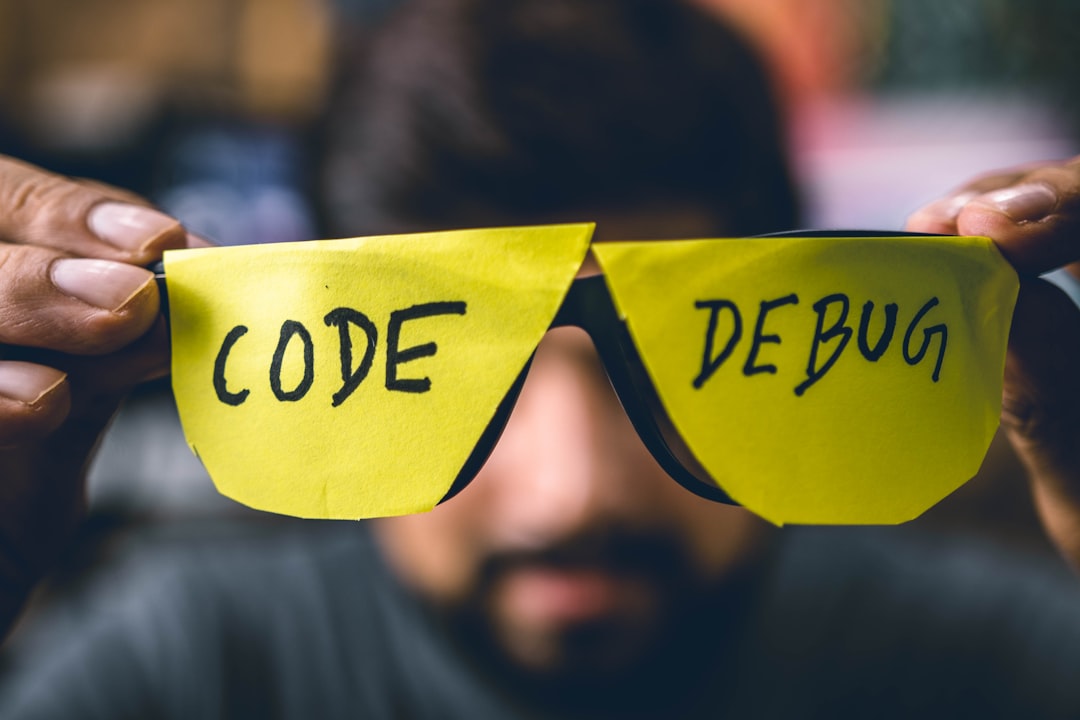As artificial intelligence and large language models (LLMs) continue to shape the way we access and interact with information on the internet, a new standard is emerging to regulate how these models gather data: llms.txt. Similar in purpose to the long-established robots.txt file used by web crawlers like Googlebot, llms.txt seeks to provide site owners with a mechanism to indicate how, or if, their content should be used to train large language models. But what exactly is llms.txt, and why should you, as a website owner or internet user, care about it?
What Is llms.txt?
llms.txt (short for “large language models text”) is a proposed file that, when placed in the root directory of a website, communicates information about the site’s policies regarding data use for AI training. Just like robots.txt tells search engine bots which pages they may crawl, llms.txt aims to tell AI developers whether they are permitted to scrape the site’s content for training purposes.
Here’s an example of what an llms.txt file might look like:
# Disallow all LLMs User-Agent: llm Disallow: /
This simple directive would signal all AI training agents not to use the content of the website. Site owners can also choose to fine-tune their permissions to allow certain LLMs and deny others.
Why llms.txt Matters
The rise of LLMs such as OpenAI’s ChatGPT, Google’s Gemini, and Meta’s LLaMA has raised critical questions about how these tools acquire knowledge. Many models rely on vast scraping operations across the internet to ingest text from articles, forums, blogs, and other public-facing web pages. While some of this content may be licensed, much of it is taken without explicit consent from creators or publishers.
llms.txt offers a way to reclaim some control. It empowers site owners to:
- Protect copyrighted content from being used in unauthorized AI training.
- Maintain data privacy by opting out of databases feeding into generative models.
- Shape how their expertise or work is represented (or not) in AI-generated content.

Does It Actually Work?
Much like robots.txt, the llms.txt protocol is voluntary. There’s no software or regulation that compels AI companies to obey the instructions found in a site’s llms.txt file. In essence, it reflects a “code of conduct” — an industry-standard mechanism designed to foster ethical AI development.
Some companies have already acknowledged the growing push for transparent and respectful data sourcing. OpenAI, for instance, announced in 2023 that its GPTBot would comply with llms.txt directives. However, enforcement across the entire ecosystem remains inconsistent, and not all developers follow the standard.
This uncertainty is why digital rights advocates and policymakers are urging legislation to mandate compliance — or at least provide clearer legal frameworks for when and how content can be scraped and used for AI training.
Should You Care About It?
The answer depends on your role in the digital world:
- If you run a website: Yes, you should care. Adding an llms.txt file gives you a say in whether your content is permissible for AI training. It’s a low-effort step with long-term implications for your control over your intellectual property.
- If you’re a content creator or journalist: Knowing whether platforms are respecting llms.txt can be critical. It indicates whether your published work might help power a chatbot — or not.
- If you’re an AI user: Understanding the ethical implications of how your favorite tools are trained helps you make more informed choices. Tools that respect data rights may deserve greater trust.

What Comes Next?
While llms.txt is still a relatively new initiative, its adoption is growing. As debates around digital data usage, IP rights, and AI ethics intensify, it may become a cornerstone of web governance in the age of AI. The question is not just whether we can control how our content is harvested for AI — but whether we should. For now, llms.txt is a critical tool for taking the first step toward informed data consent.
In conclusion, as LLMs reshape how we consume and create information, llms.txt is emerging as a vital guardian of digital integrity. Whether you’re a website admin, journalist, policymaker, or everyday user of AI, this tiny text file represents a much bigger conversation about consent, control, and the ethical boundaries of artificial intelligence.


